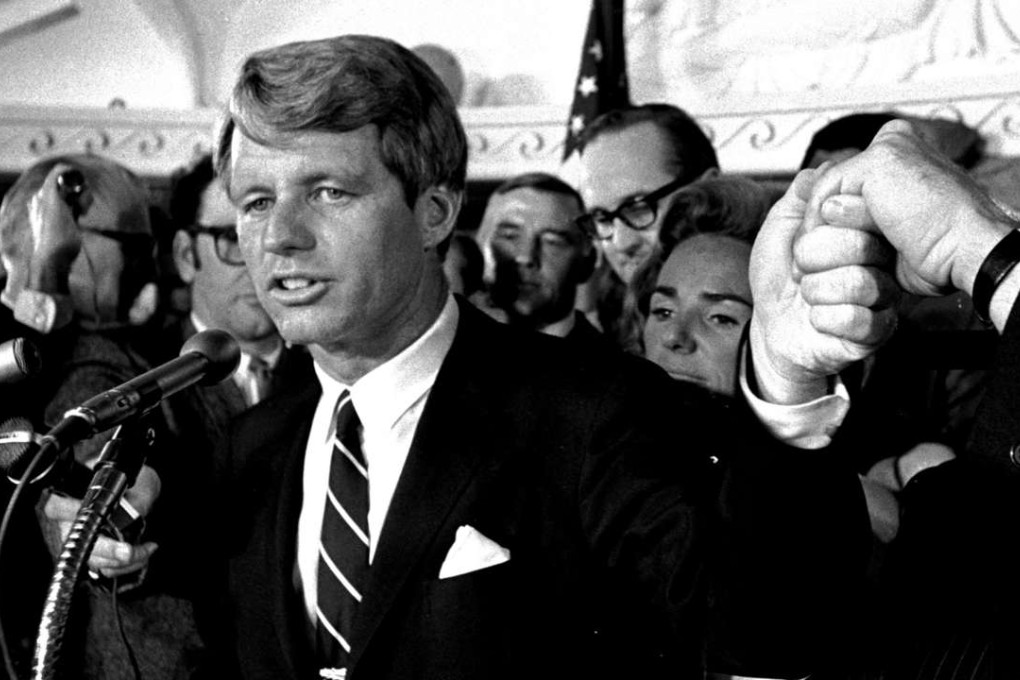Book review: the short but luminous life of Bobby Kennedy, liberal icon
Biographer Larry Tye’s carefully sourced volume looks at how Kennedy faced the major issues of his time, while not avoiding the rumours and hearsay that swirled around RFK in his brief but important life


by Larry Tye
Random House
3.5 stars
Unless you are old enough to remember the mid-1960s it might be hard to grasp the considerable impact the Kennedy family, particularly Senator Robert F. Kennedy and the widowed first lady, Jacqueline, had on both the popular imagination and political discourse in the United States – and, arguably, the world.
Everything they did seemed to be news, even if it was just Jackie sporting a miniskirt in public (autumn 1966 and “cautious housewives over 30” followed suit, The New York Times noted later). This intense level of scrutiny, sparked by President John F. Kennedy’s 1963 assassination and fuelled by a yearning both for what once was and might just be again, kept the Kennedys in the spotlight.